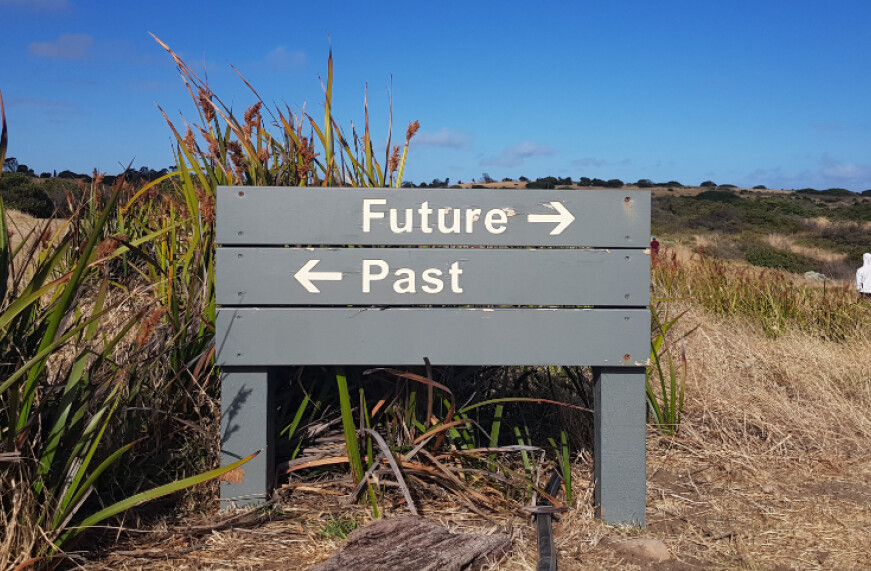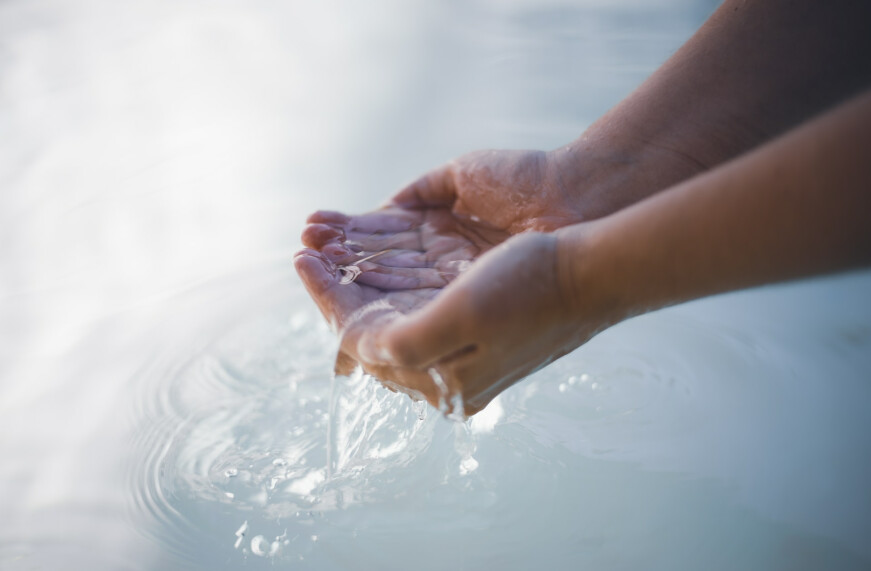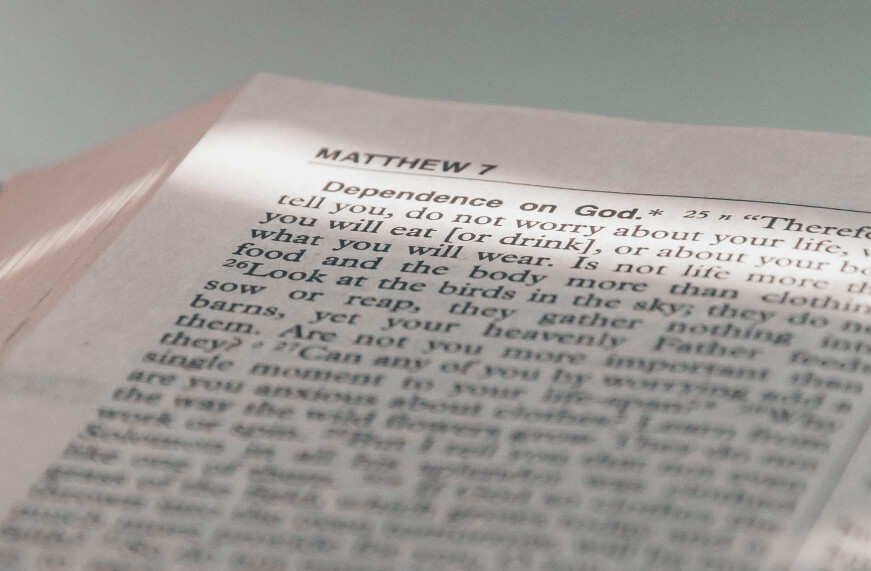The Best is Yet to Come. ---, ? or !

If I were to tell you that the best of your life was yet to come would you respond with denial (no way the best is behind me), doubt (do you think so? maybe? I don’t know ...) or declaration (You know it! I can’t wait!). If we were to talk punctuationish type terms would you be a strikethrough, a question mark, or an exclamation point?
Recently Scotty Smith caught my attention with his daily prayer, “We pray for ourselves, Father. Why do we assume our best years are behind us? Why have we let our regrets, failures, fear, unbelief, and shame shape our hearts more than your grace, love, and faithfulness? Renew, refresh, restore us to first love for Jesus, fresh love for you, Abba, and fresh surrender to the Spirit.”
Last Sunday we talked about how the wilderness comes even to God’s anointed: David, Jesus, you and me. Often when the wilderness comes - be it the wilderness of physical pain, relational wounding, depression, old age, loneliness, etc... -- we can see no way out. But as we observed, God drives us into the wilderness to draw us closer to his heart. While we may find deprivation on a physical or relational level, springs of living water are to be found if we will only look, only wait. And if God’s desire is to give us his heart, then it must follow that the best is yet to come. Personally, I know that I have only sampled the goodness of God. I long for more of his grace, love, and faithfulness. The best IS yet to come.
This week we will pick up with David as he learns the lessons of the wilderness. In particular, we catch David in one of his best moments, trusting in the all sufficiency of his God though circumstances would dictate otherwise. We will be focusing on 1 Sam 24 and also referring to chapter 26 for those of you who like to read ahead.
Have a great weekend. I look forward to seeing you Sunday. And by the way, I am going with the exclamation point -- The best is yet to come!


